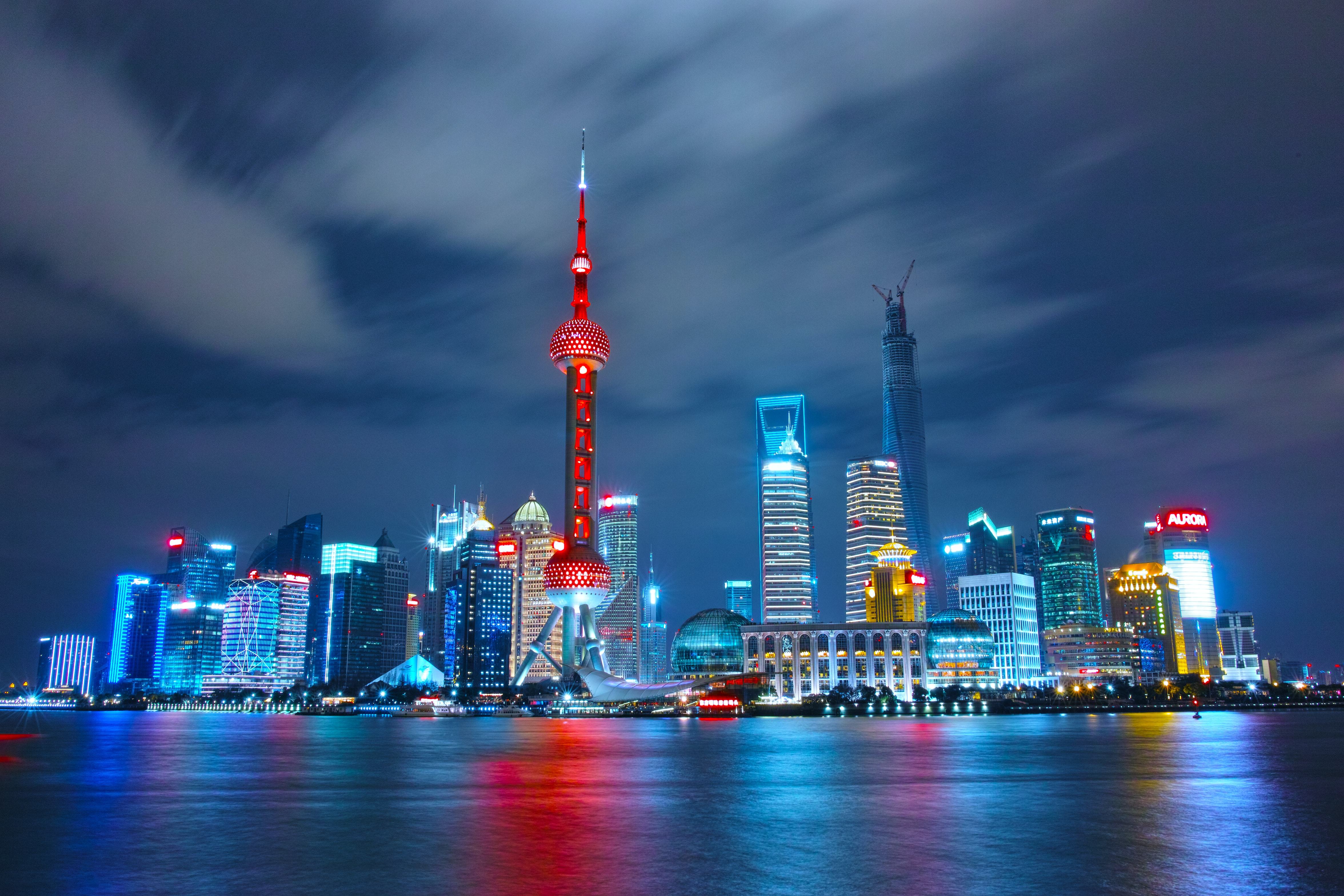
Over the past decade, the role of China in Russia’s foreign trade has grown significantly and now, most likely, it will become the country’s main trade partner, boasting a large margin from other countries, NES Professor and Director of the Center for Economic and Financial Research Natalya Volchkova says. It is China's stance that will largely determine Russia's life under sanctions, and at the same time, it can become a window to the world economy. The main takeaways from the "Economics out Loud" podcast with Natalya Volchkova follow below.
The effectiveness of sanctions is largely determined by whether or not the majority of trade partners of a sanctioned country joins them. If this does not happen, the world economy would remain open to the sanctioned state. Therefore, it is not surprising that the collective West has begun to warn China against opening its market to the Russian economy, that could help it to circumvent international sanctions and become an actual lifesaver.
Even with the intensification of trade between the two countries, its structure will not change much. Russia primarily exports energy resources, and in the current situation, their deliveries to China are likely to increase. Meanwhile, China is a major supplier of machinery, transport and equipment, and, to a slightly lesser extent, of textiles, chemical products and consumer goods. Changes in the structure of imports are also rather unlikely; there may only be an increase in the deliveries of the machines, vehicles and equipment that have fallen under Western sanctions.
The geographical diversification of Russia's exports in terms of the number of buyers of its energy resources is shrinking notably. However, we may expect a redistribution of trade flows on the world market. The Gulf states will redirect some of their oil and LNG supplies from China to Europe, and Russia will substitute them. As a result, China will become to a large extent a monopsonist (a single buyer) for Russia, and the discount for Russian resources will grow.
REFERENCE
In early February, China and Russia announced an "unlimited partnership" and agreed to increase trade turnover to $250 bln. In 2021, it grew by 36% reaching $147 bln. Russia hopes very much to get China's help, but the latter is in no hurry to provide it. While in January-February monthly exports from China to Russia amounted to about $8 bln, in March and April it dropped to just $3.8 bln. In annual terms, Chinese exports decreased by 7.7% in March and by 26% in April. Russian exports, on the contrary, have grown over those two months by more than 26% and 53%, respectively. This increase was largely due to the rising prices of energy resources, the main export products of Russia.
With an increase in imports of Russian oil and gas and Chinese exports of goods, the need to pay for these trade transactions in dollars and euros decreases. We can expect a rising role of the yuan in bilateral trade. The high risks associated with the ruble will be taken into account when determining the value of transactions and will not favor its use. The yuan, however, is also subject to shocks, albeit much more rare ones. Anyway, there are not too many choices: the list of available currencies that can be used in international trade by Russia has greatly decreased. So, the country will use what is available.
China cannot fully satisfy Russia's needs, for example, in chips, aircraft parts, LNG tankers, etc. However, not much can be done in this respect either: the severance of the country’s ties with the international markets limits the range of goods and services available to it, which, in turn, will lead to the increasing economic lag between Russia and the developed states. In addition, China will be very cautious in terms of its compliance with international sanctions, so as not to increase the risks for its own producers. In its economic model, the country is focused on the world market, which is much more important to it than the Russian one. China will buy cheap Russian energy products to reduce costs, but the country’s socio-economic wellbeing that depends on the world market is a priority for the government in Beijing.
This year, the political factor is also important. China is struggling to ensure stability, since the National Congress of the Chinese Communist Party in November is to approve the next term in office of President Xi Jinping. He is not leaving after 10 years in power, as four generations of the country's leaders did before him. Therefore, Beijing will not take the risk of helping Russia circumvent sanctions. It will also avoid actions that could worsen the prospects for economic growth or the positions of Chinese companies in the major target markets.
Building new relationships between the two countries is part of the globalization process which is also changing. For example, there is a strong trend for regionalization. Meanwhile, countries that prioritize socio-economic development use all the opportunities provided by the world market. And in this sense, Russian-Chinese relations are no different: having lost opportunities in one place, Russia is trying to find them in another.